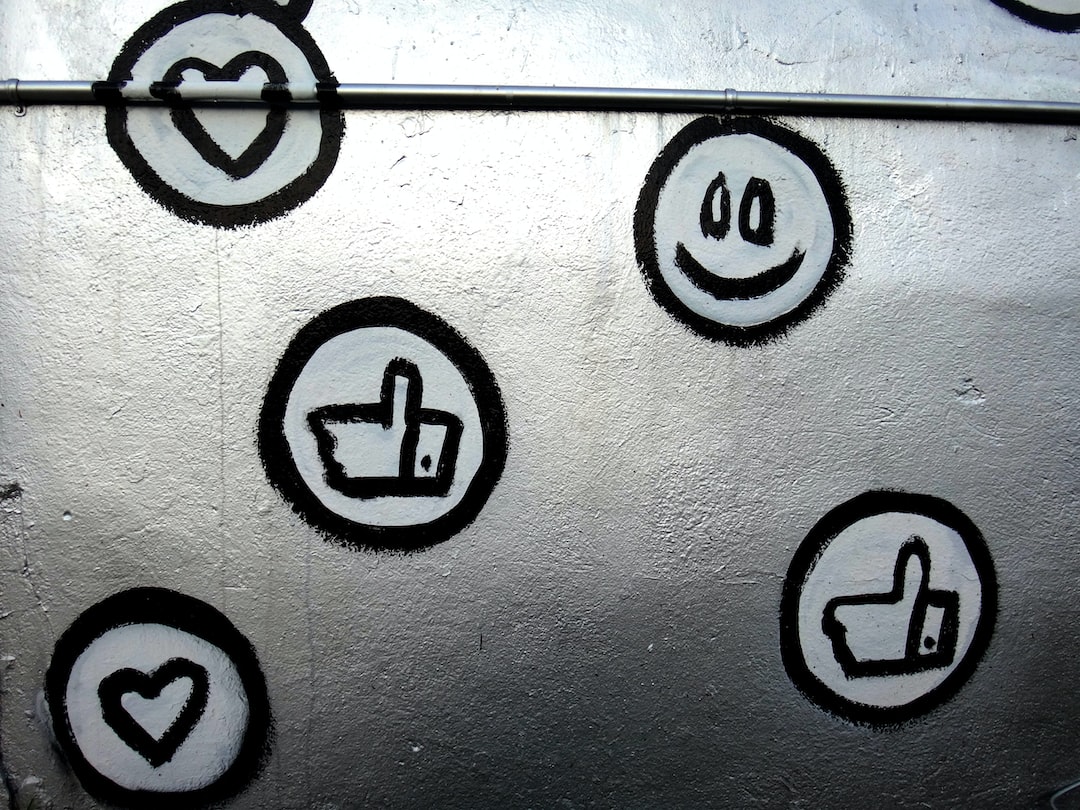Exploring the Dark Side of Social Media Addiction and Its Consequences
In the past decade, social media platforms such as Facebook, Instagram, and Twitter have revolutionized the way we communicate and connect with others. With just a few clicks, we can now share our thoughts, experiences, and photos with the world. While social media undoubtedly has its benefits, there is a dark side that few seem to be aware of – addiction. This blog post will delve into the potential consequences of social media addiction and explore the darker side of this seemingly harmless pastime.
Social media addiction is a term used to describe the excessive use of social media platforms, to the point where it begins to interfere with one’s daily life. While it may not seem as serious as substance abuse, the consequences can be just as damaging. One of the most significant downsides of social media addiction is how it negatively impacts our mental health.
Constantly scrolling through feeds and comparing our lives to the seemingly perfect portrayals of others can lead to feelings of inadequacy and low self-esteem. It’s all too easy to fall into the trap of believing that everyone else has a better life than we do. This can lead to a never-ending cycle of self-doubt, anxiety, and even depression. Furthermore, social media addiction has been linked to poor sleep quality, as individuals often stay awake late into the night browsing through their favorite platforms.
Another alarming consequence of social media addiction is its impact on our relationships. While these platforms were designed to foster connections, studies have shown that excessive use can actually lead to feelings of isolation and loneliness. The more time spent on social media, the less time we have for meaningful face-to-face interactions with loved ones. This can strain relationships, erode intimacy, and contribute to a sense of detachment from reality.
Moreover, social media addiction can have a detrimental effect on our productivity and overall well-being. Research has found that individuals who spend excessive amounts of time on social media are more prone to procrastination, as they become easily distracted by the constant stream of posts and updates. This can hinder professional growth and academic success. Additionally, spending hours mindlessly scrolling through social media can lead to a sedentary lifestyle, contributing to physical health issues such as obesity and poor cardiovascular health.
Furthermore, the consequences of social media addiction extend beyond individual well-being. These platforms have become breeding grounds for cyberbullying, harassment, and misinformation. The anonymity provided by social media gives people the freedom to spread hatred, engage in toxic behavior, and target innocent individuals. This has resulted in countless cases of online bullying and psychological trauma, particularly among vulnerable populations such as teenagers. Furthermore, the rise of fake news and the spread of misinformation on social media platforms have been proven to have a detrimental impact on public discourse, political ideologies, and even elections.
In conclusion, while social media addiction may not generate the same level of concern as substance abuse or other addictions, its consequences are significant and far-reaching. The mental health implications, strain on relationships, productivity decline, and potential for cyberbullying and misinformation are just a few examples of the dark side of excessive social media usage. Awareness and moderation are key in order to enjoy the benefits of social media while minimizing its potentially harmful effects. Society must acknowledge and address the darker aspects of social media addiction to promote a healthier and more balanced relationship with these platforms.
